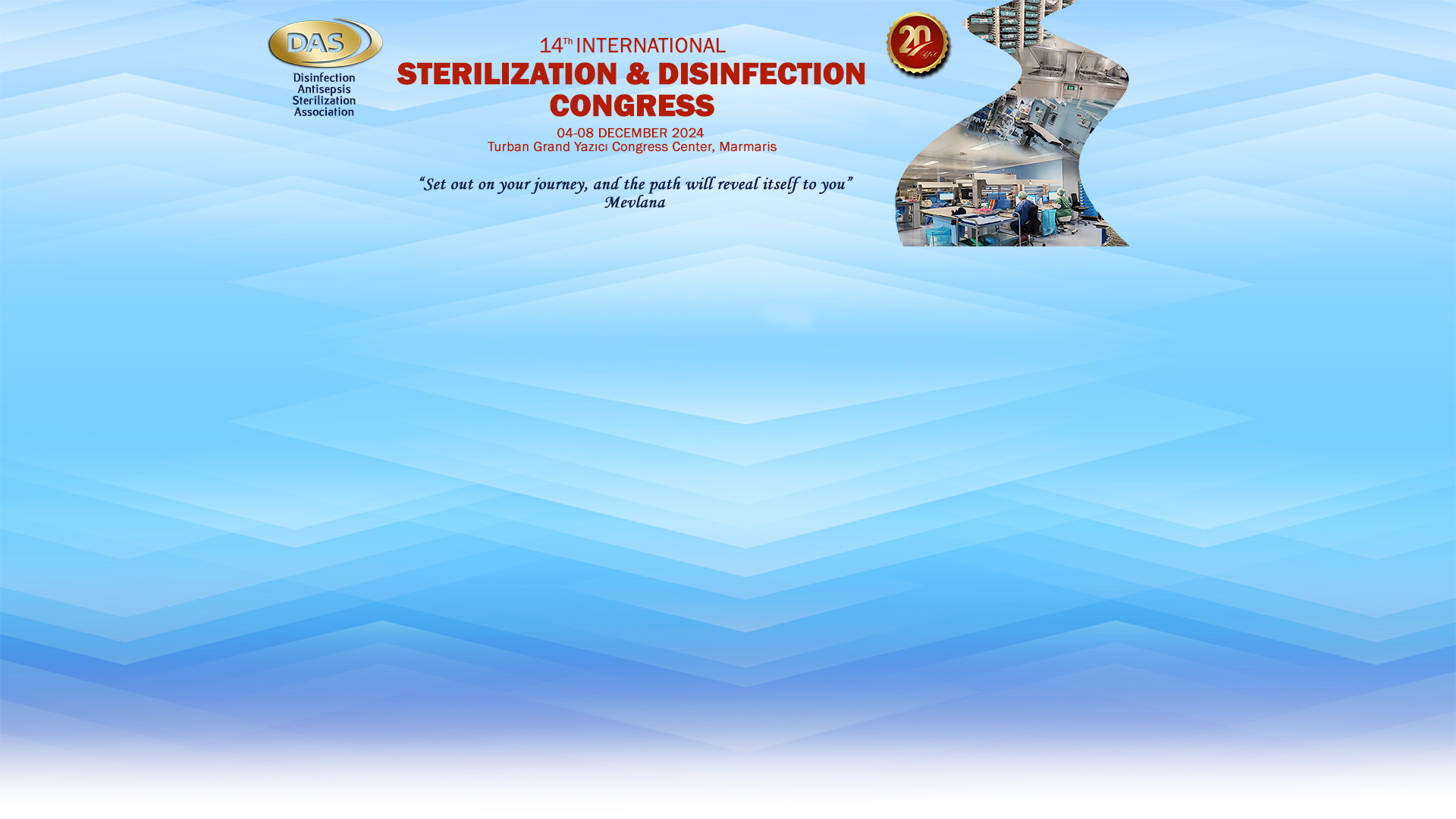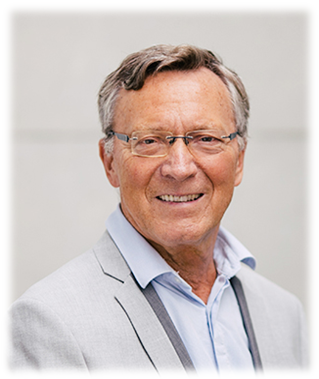

Dear participants, dear colleagues, dear friends, dear allies!

It
is our pleasure to invite you to participate in the 14th
International Congress of DAS. As tradition wants it takes
place in Marmaris with the Aegean and Mediterranean Sea as
background. The grand, heroic background of the both seas is
the setting of choice to also try to revive the historical
interaction between Asian and European countries. Hopefully
you will accept it so we can open the dialogue on this
conference and establish partnerships for the future.
The central sterilization department (CSSD) is an essential
facility services in each hospital. Hospital services cannot
be maintained without quality-assured reprocessing. To
ensure this, it is essential to consider the new findings.
With its focus on the further development, validation,
implementation and organization of sterilization and
disinfection procedures, the congress is unique and occupies
his special place among international congresses. In this
context the protection of employees from exposure to
potential noxious substances is given the required
importance. Additional, concepts of antisepsis and the
prevention of healthcare associated infections are addressed
as part of the multi-barrier strategy for infection
prevention control (IPC). All the issues are subordinate to
ensuring patient safety.
Resources saving in the implementation of IPC is a topic
that is becoming increasingly important. The increase in
waste volumes during the COVID-19 pandemic showed how
sensitively waste volumes react to changes in behavior.
There is no question, it`s possible to save resources and to
reduce emissions in healthcare without jeopardizing
patients. With this objective each IPC recommendation must
be checked to choose the most sustainable concept with the
same effectiveness and any hygiene standard must be reviewed
for its potential to improve sustainability - this also
generates new attention for the standard. In parallel,
traditional measures with no influence on IPC must be
abolished. On the congress suggestions are given.
The implementation of a holistic concept for IPC is only
possible by complying with internationally accepted
standards, guidelines and recommendations presented in the
light of science. On the 14th congress, all problems and
evidence-based solutions in the field of IPC will be
discussed in detail with participation and interdisciplinary
discussion of competent scientists, experts and players from
Turkey in the dialog with the international community.
Raising awareness of all stakeholders of the health sector
will cause the reflection of knowledge and correct practices
to all healthcare institutions. For this reason, we invite
everyone whose path coincides with health services to
participate in the congress.
The balancing act of prevention
Prevention is the art of balancing common sense and painful
experience, foresight and complicated or banal evidence,
ethics and politics, the obvious and the unexpected.
Prevention is the balance of responsibility, reason,
convenience, costs for which no one voluntarily accepts
responsibility.
Prevention is the challenge to prevent greater harm with
lesser efforts, instead of suffering its consequences and
dealing with them with disproportionately greater effort.
There is no silver bullet for prevention. That makes it
difficult.
Prevention has an agonizing latency with benefits that lie
in the uncertain distance.
It requires conviction, patience, painstaking analysis,
courage, serendipity.
Prevention is rarely spectacular. Without passionate love,
its vision suffocates in futile attempt.
Unfortunately, prevention is not a profit-making stock. Its
multiple paths, detours, and uncertainties provoke the clash
of opinions, separating the necessary from the unnecessary,
efforts made as sacrificial offerings to preserve life.
As long as the struggle is not jeopardized by pretensions of
power, vain self-promotion, care-taking incompetence, it has
its chance.
The opportune moment, when it’s time to take the new hurdles
of progress, must not be missed.
Prof. em. Dr.
med. habil. Axel Kramer
Congress president and member of the Commission for Hospital
Hygiene and Infection Prevention at the Robert Koch
Institute Berlin